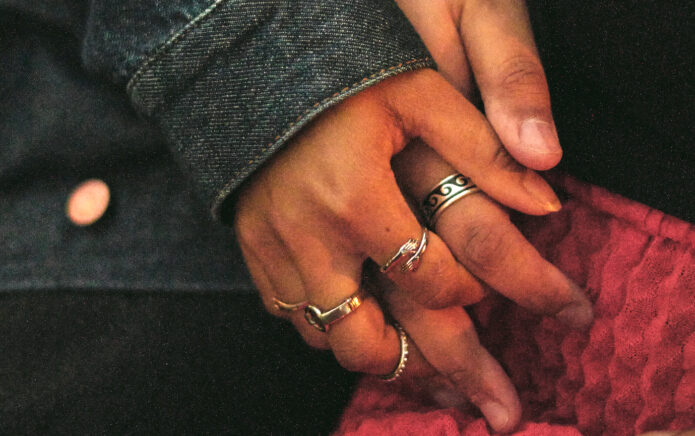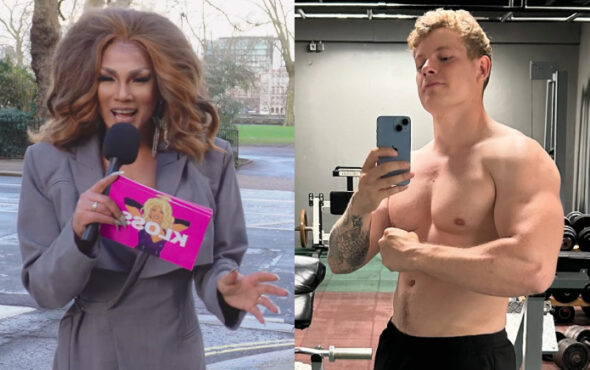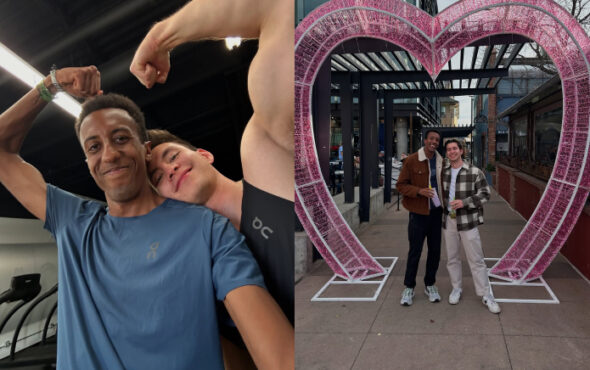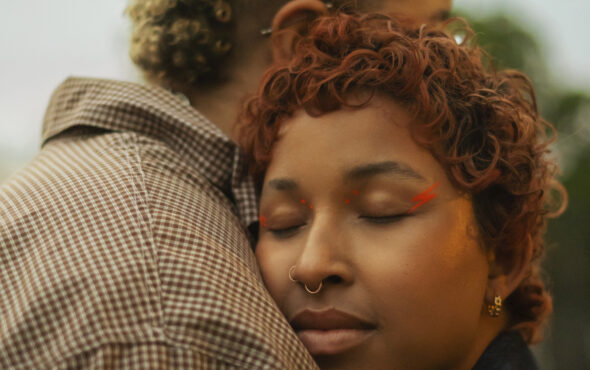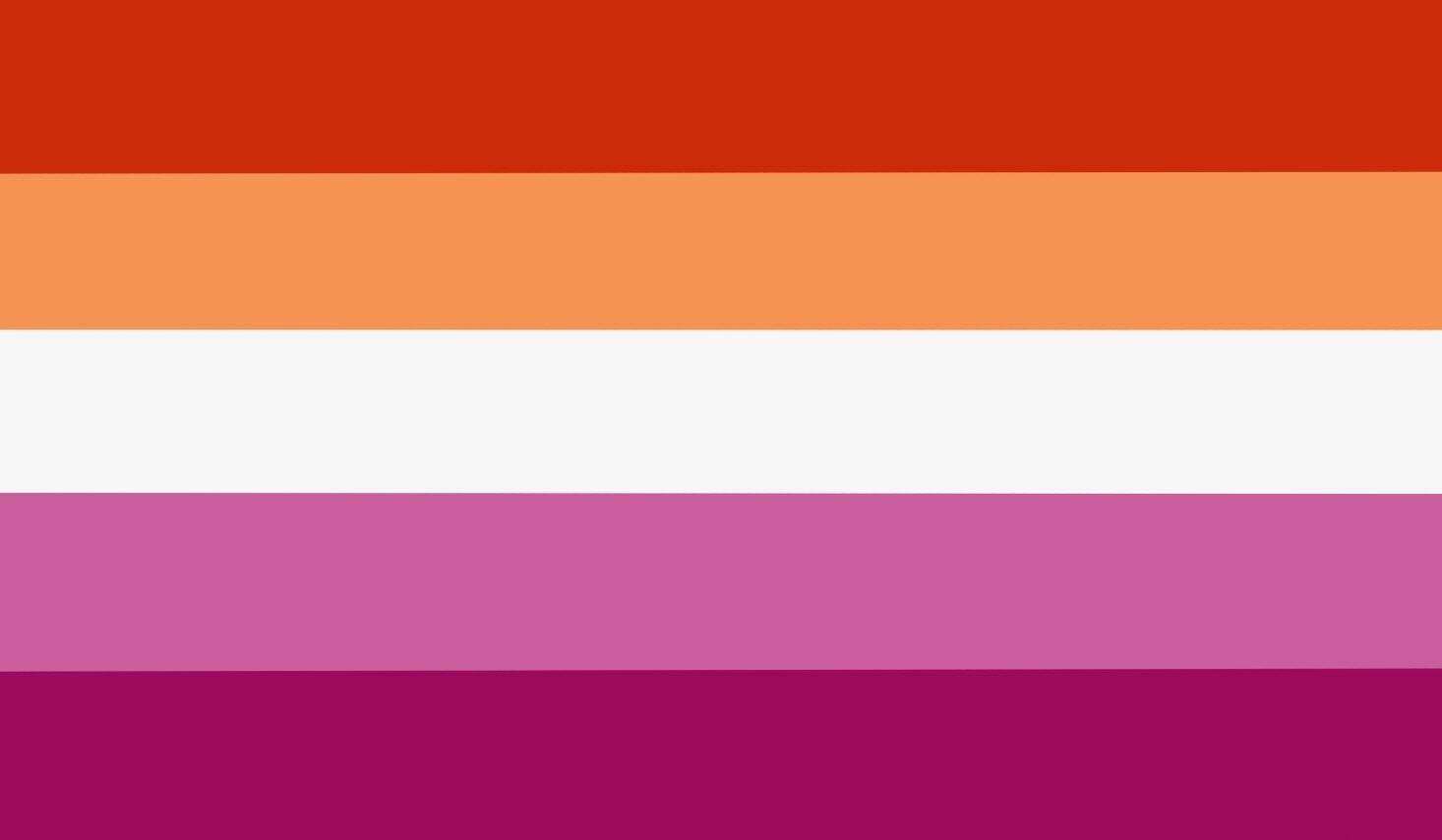
After new research discovered that 68% of lesbians delay coming out because of harmful stereotypes such as lesbians being ‘man-hating’, ‘unattractive’ and even ‘anti-trans’, young lesbians share what has helped them on their journey to self-acceptance.
This Lesbian Visibility Week, ambassadors from Just Like Us – the LGBTQ+ young people’s charity – reflect on the visible lesbian representation that helped them embrace who they are.
Stella Kothe Evans – Vienna Pride ’16
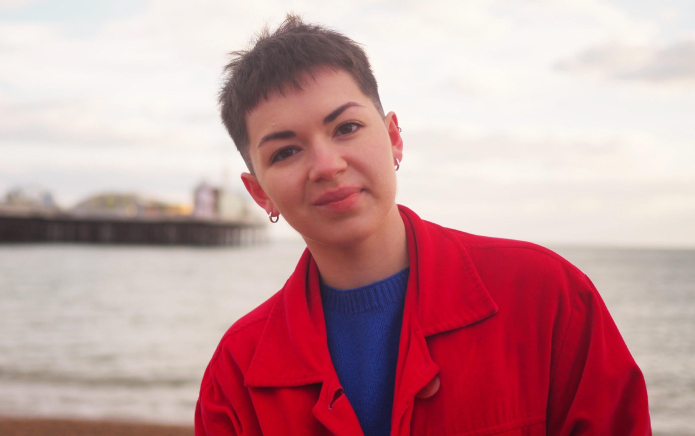
“There are any number of lesbians in the public eye whose visibility was (and is) meaningful to me as a young person navigating their identity, but the kind that has been the most important to me is slightly different. As I came to realise that I was a lesbian, I would look everywhere for women I could identify with – not only in films and literature, but in the world around me. Often, I didn’t see anyone I felt I could identify with.
“That changed when I went to my first Pride March. I was sixteen, terrified and excited in equal measure, eager to feel connected to my community in such a real, tangible way. The moment that will always stay with me is when I spotted a lesbian couple walking hand in hand at the centre of the march, through streets I had walked down countless times, dancing, laughing, being so unequivocally themselves in a way that I had never seen before.
“My city came alive to me that day because I knew that I could have a place in it, as myself. Their willingness to be visible meant everything to me. If these women could thrive, then so could I.”
Mara Harris – A lesbian who made me feel visible
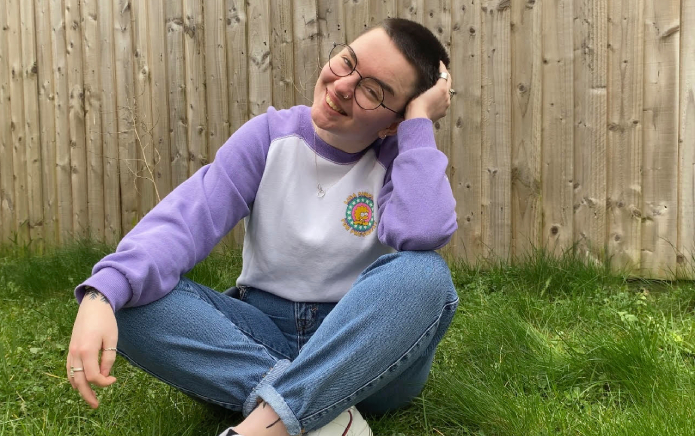
“As someone who enjoys gaming, a character that made me feel visible is Ellie from The Last of Us. Video games are infamous for over-sexualising women, and fetishing lesbian relationships, so to see lesbian women in a game that did not fetishise or sexualise them at all meant everything to me. The kiss that Ellie shared with Riley in the first game’s add on story was beautifully done, it was two teens who were having fun, and a little in love, so they kissed.
“As a teen at the time it made me feel like my love was valid. People often say that kids are ‘too young’ to know who they are, so to see a moment in a game I loved where people my age could be gay meant a lot. Seeing the trailers for the second game include a lesbian kiss, and the actual game itself include a lesbian relationship showed that the studio cared about including people like me in their stories.
“Being able to play as a strong, lesbian woman, who was the main character in her universe was inspiring. I love Ellie for being the first lesbian I could look to in gaming, and being cool as hell while doing it.”
Pippa Sterk – Emily M. Danforth, author of The Miseducation of Cameron Post
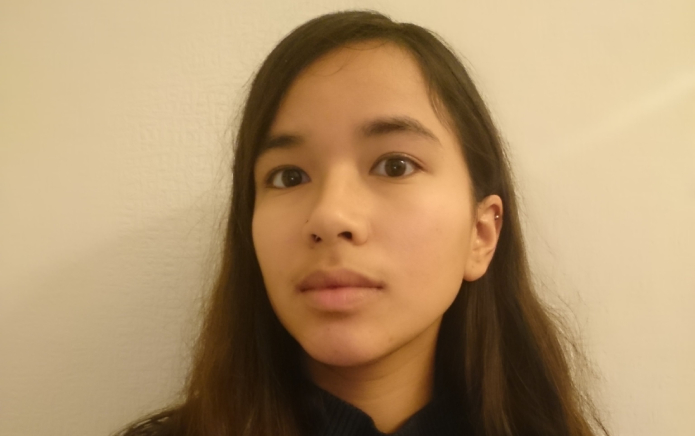
“The journey to coming to terms with my sexuality was long and confusing. However, if I had to point to a single piece of media that made me instantly recognise myself in the form of a lesbian character, it would be the book The Miseducation of Cameron Post, written by Emily M. Danforth. I’d read many LGBTQ+ themed young adult books before I picked up this one on a whim, but as soon as I started reading it, I knew that I’d finally found a story I could relate to.
“Even though the novel is set in 90s Montana, and I grew up in the Netherlands in the 2000s, there was something about the character of Cameron that was more ‘real’ than any other depictions of lesbianism I’d seen before. She struggles with complex internalised feelings of guilt and shame, yet she also refuses to take on the role of the ‘outsider’ that other people try to project onto her. She is a quiet, introspective character, but she does not allow the world around her to define what she can and cannot be. She is multi-layered and contradictory, and certain of her attraction to women even in the moments where she doesn’t have the language for it yet.
“When they made a film based on the novel, Emily Danforth did a meet and greet at Gay’s The Word bookshop in London. I eagerly queued up with my housemate at the time to get one of my two copies of the book signed (why I still have two copies of the book I cannot justify, but I can’t seem to let go of either of them!). I had the chance to ask a couple of questions about what it means to write about lesbian characters, and she was so kind and generous with her time and advice.
“‘Never meet your heroes’ is a load of nonsense. If you have the chance to meet the person who wrote the book that changed your life, absolutely go for it.”
Stella, Mara and Pippa are ambassadors for Just Like Us, the LGBTQ+ young people’s charity – if you’re LGBTQ+ and age 18 to 25, sign up to join.
